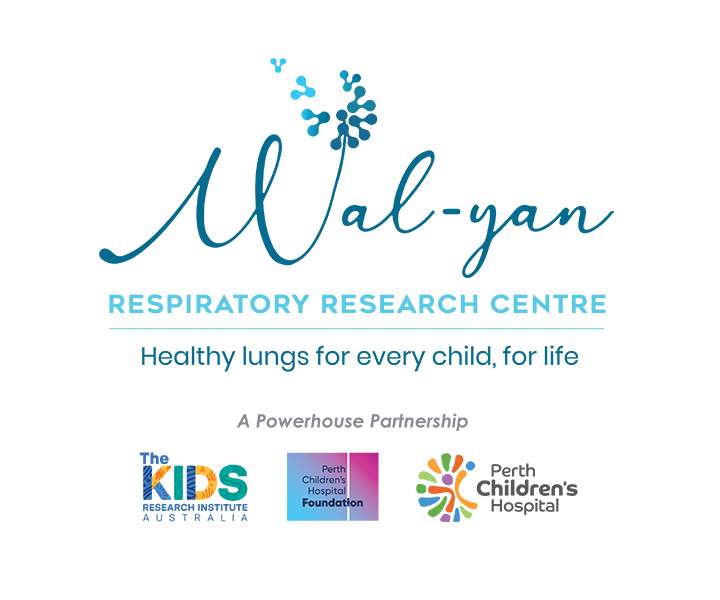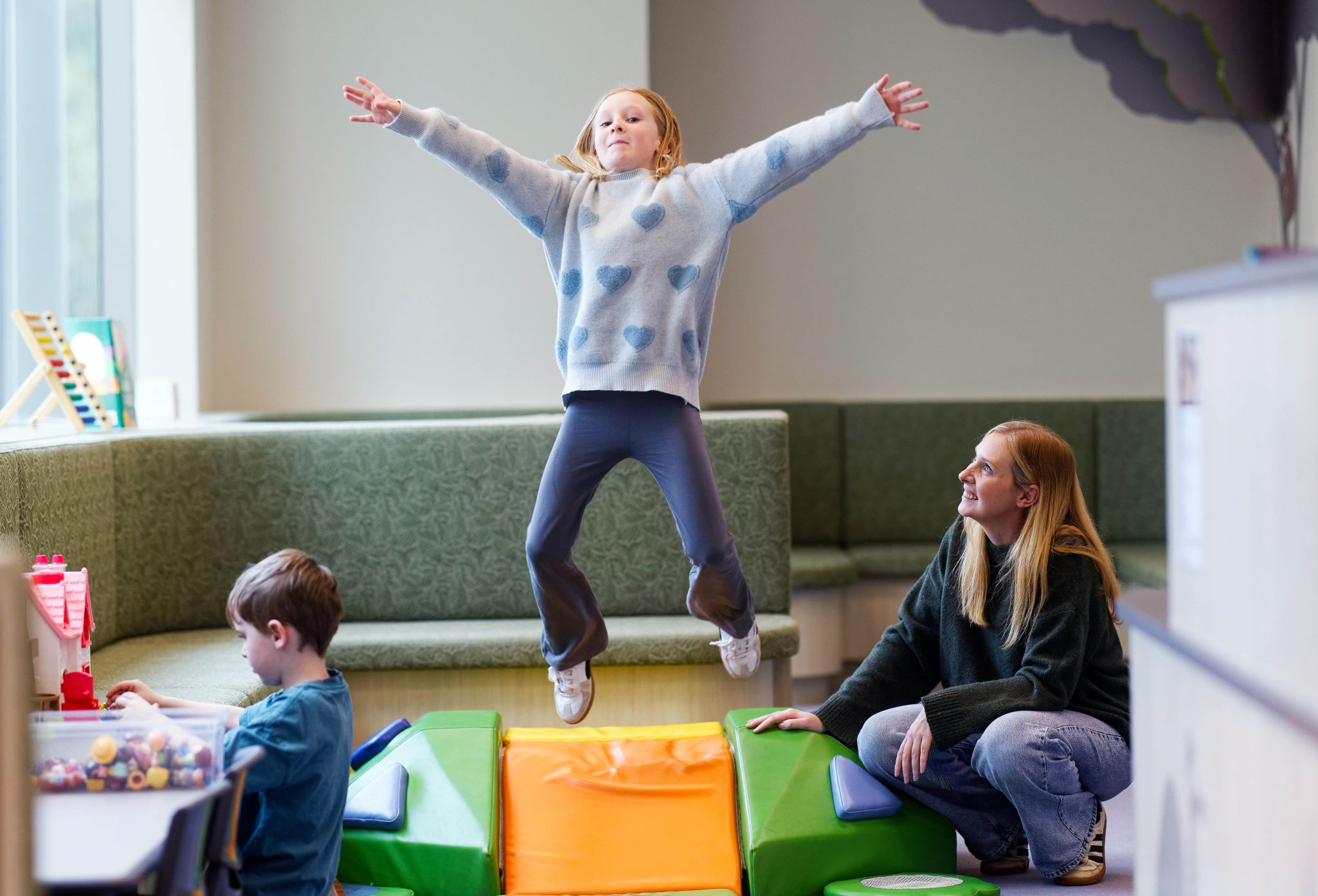Search
Showing results for "1"

The Wal-yan Respiratory Research Centre is a global epicentre for paediatric respiratory research, informing clinical practice and driving a new research agenda for childhood lung health.

Rhinovirus infection drives complex host airway molecular responses in children with cystic fibrosis TEarly-life viral infections are responsible for

Ever wondered just what your gift means to us? Here's a snapshot.

News & Events
April's epic swimApril Welsh loves a challenge. Diagnosed with diabetes just before turning 4, the 26-year-old recently she was part of a four-person team that conquered the Rottnest Channel 19.7km open water swim.

News & Events
What is active insulin time?What is active insulin and why is it so important to diabetes management?

The latest publications and resources from the END RHD CRE Team

News & Events
Important clinic updateThere is lots of news to report from the clinic including holiday shutdown dates, appointment scheduling, staff updates, and more.
Publications, papers and findings coming out of ORIGINS and its sub-projects

News & Events
Cycling Success for TheoWe are proud to have so many very talented and passionate children and youth in our T1D community.

News & Events
National committee shares collective voice for researchEver wondered what a national committee does? Who can be a member and what they do?
